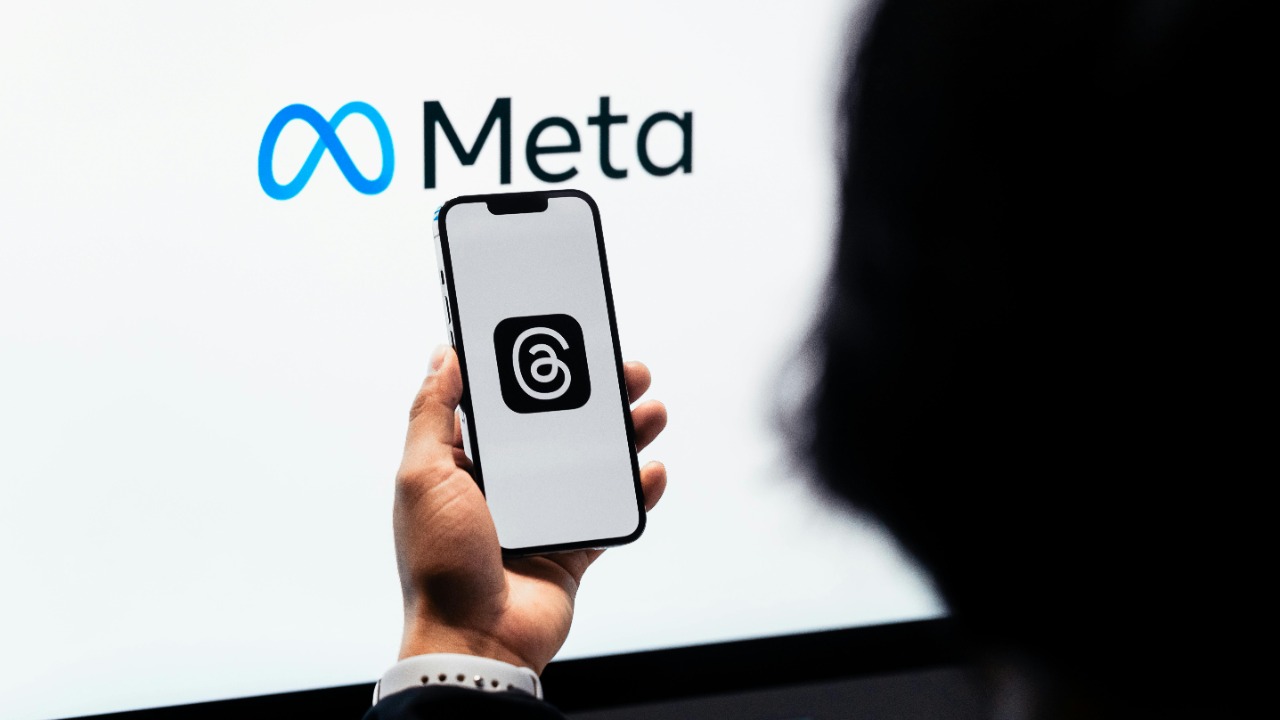
A deepfake video falsely portraying Irish presidential candidate Catherine Connolly as withdrawing from the race has rapidly spread online, misleading viewers about the status of the ongoing election. The video, which went viral on Facebook, was allowed to proliferate by Meta, amplifying false claims that the Irish presidential election had been canceled. This incident highlights the growing concerns over AI-generated misinformation and its potential impact on democratic processes.
The Deepfake Video Emerges
The deepfake video featuring Catherine Connolly announcing her supposed withdrawal from the presidential race first surfaced online on October 22, 2025. The video quickly gained traction, spreading across various social media platforms, with Facebook being a significant vector for its viral nature. The video’s rapid dissemination was fueled by its misleading narrative, which falsely implied that Connolly’s exit led to the cancellation of the Irish presidential election. This false narrative not only misled the public but also raised questions about the integrity of the electoral process.
The video’s spread underscores the challenges in controlling the dissemination of AI-generated content, especially when it comes to sensitive political events. As the video continued to circulate, it became increasingly difficult for viewers to discern the truth, illustrating the potent influence of deepfakes in shaping public perception. The incident serves as a stark reminder of the potential for AI technology to disrupt democratic processes by spreading misinformation.
Meta’s Handling of the Content
Meta’s decision to allow the deepfake video to spread without immediate intervention has drawn significant criticism. Despite the platform’s policies on AI-generated content, enforcement failed in this instance, allowing the video to reach a wide audience before any corrective measures were taken. The lack of prompt action by Meta highlights the challenges faced by social media platforms in moderating AI-generated misinformation, particularly during critical events like elections.
Following the exposure of the video, Meta faced pressure to address the situation and clarify its stance on AI-generated fakes. The platform’s delayed response has sparked a debate over the effectiveness of current policies and the need for more robust measures to prevent the spread of misinformation. This incident has prompted calls for Meta to reevaluate its approach to handling deepfakes and to implement more stringent enforcement mechanisms to protect the integrity of democratic processes.
Impact on the Irish Presidential Race
The deepfake video had a significant impact on public perception of Catherine Connolly and the integrity of the Irish presidential election. The false claim of her withdrawal and the implied cancellation of the election created confusion among voters, potentially affecting their trust in the electoral process. Election officials and Connolly herself were quick to denounce the video, emphasizing the importance of verifying information before accepting it as truth.
The incident has highlighted the vulnerabilities in the electoral system when faced with sophisticated AI-generated misinformation. The potential for voter confusion and the erosion of trust in democratic institutions are significant concerns that need to be addressed. As deepfakes become more prevalent, the need for effective countermeasures to combat misinformation becomes increasingly urgent.
Challenges in AI Misinformation Enforcement
The Irish election deepfake scandal has spotlighted the slow enforcement of measures to detect and remove AI-generated fakes. The delays in addressing the spread of the deepfake video underscore the regulatory gaps in handling such content during elections. The incident has prompted calls for improved AI enforcement measures, with stakeholders urging platforms like Facebook to take more proactive steps in preventing the spread of misinformation.
As the use of AI technology continues to evolve, the challenges in regulating its impact on democratic processes become more pronounced. The need for comprehensive policies and effective enforcement mechanisms is critical to safeguarding the integrity of elections and protecting the public from misinformation. The Irish deepfake incident serves as a cautionary tale, highlighting the urgent need for action to address the growing threat of AI-generated content in the digital age.
More from MorningOverview